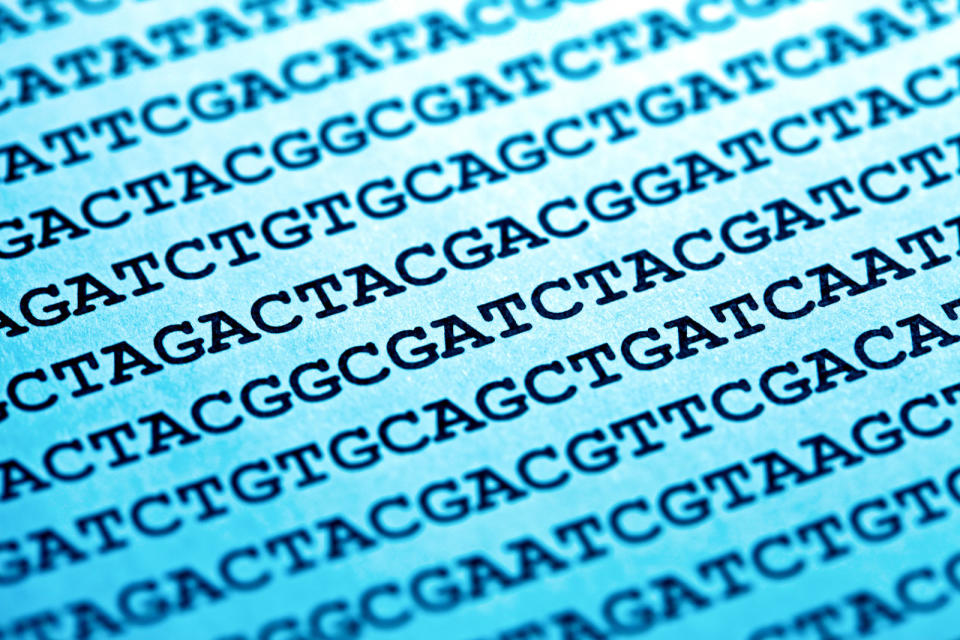CRISPR might cause more unintended DNA damage than we thought
A new study found that the gene-editing technique caused major DNA deletions.
A new study published today in Nature Biotechnology warns that CRISPR may not be the ultra-specific gene editor we've believed it to be. With CRISPR-Cas9, researchers can find particular sequences in a cell's DNA and cut them at a specified spot. The cell can then repair the DNA where it was cut and scientists have been attempting to use this technique to treat all sorts of diseases and disorders including ALS, Huntington's disease, HIV and sickle cell disease. The method has been thought to be rather specific, allowing scientists to target and remove only certain sequences while leaving surrounding DNA intact. But this new study says that CRISPR-Cas9 gene-editing might be causing more damage than previously reported.
The researchers tested three types of cells -- mouse embryonic stem cells, mouse bone marrow cells and human retinal cells -- and observed that the CRISPR system resulted in DNA rearrangements and DNA deletions that were sometimes hundreds or even thousands of DNA letters long. And the problem appears to arise in the repair portion of the procedure. "The cell will try to stitch things back together," Allan Bradley, a professor at the Wellcome Sanger Institute in the UK and lead author of the study, told Nature News. "But it doesn't really know what bits of DNA lie adjacent to each other."
How have these deletions and rearrangements slipped under the radar so far? It's likely a combination of chosen technique and search area. Certain methods may not pick up on these larger types of DNA changes and studies will typically look for them in more narrow regions of DNA. With this new study, the research team used a different method to hunt down deletions and looked over a much larger area. "You find what you look for," Bradley told New Scientist.
These findings don't necessarily mean CRISPR-Cas9 is unsafe, and for certain applications it may prove to be just fine. But when you begin dealing with billions of cells inside of a human body, there could be repercussions. "There's a risk of causing cancer sometime in a patient's lifetime," said Bradley. "We need to understand more before rushing into human clinical trials."
Other types of CRISPR systems -- and there are a few variations -- work differently, and they may not be quite as prone to these types of mistakes. Further, CRISPR-Cas9 may not have these same results in different types of cells. But ultimately these findings highlight the need to make sure we're looking for these accidental alterations everywhere they might be. "It means that when people use it, they need to do a more thorough analysis," Brandeis Professor James Haber, who was not affiliated with the study, told Nature News. "It's generally important to know whether your mutations are as you think they are."



